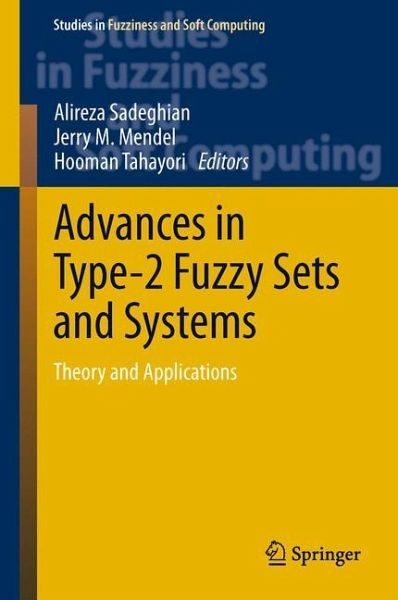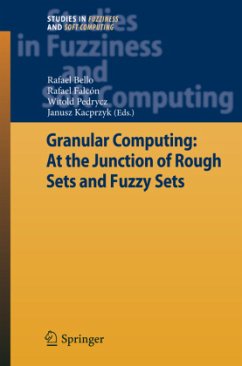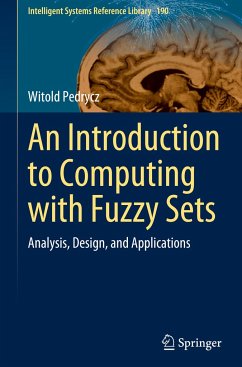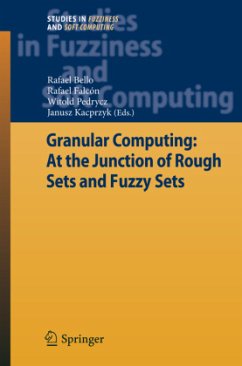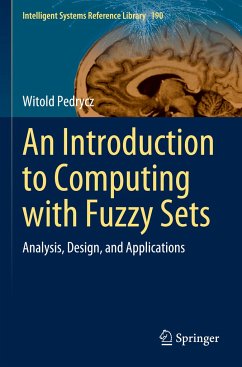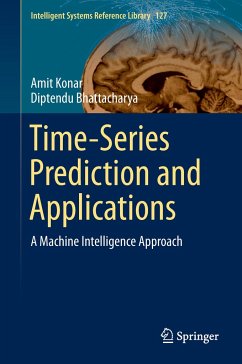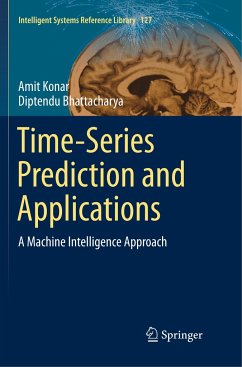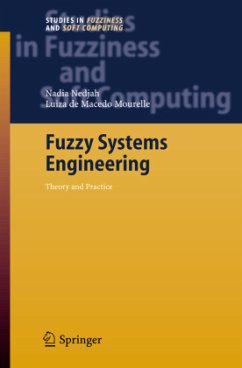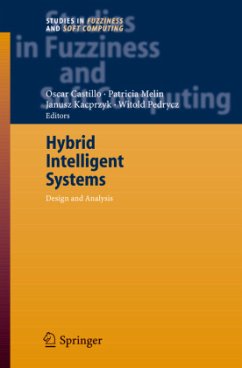Alireza Sadeghian received the Ph.D. degree in electrical and computer engineering from the University of Toronto, Toronto, ON, Canada. Since 1999, he is Professor of Computer Science at Ryerson University in Toronto where he also holds the position of Chair and the founding Director of the Computational Intelligence Initiative (CI2) Lab. He has published over 90 technical papers in the areas of type-2 fuzzy sets, knowledge-based expert systems, artificial neural networks, adaptive neuro-fuzzy networks, and nonlinear modeling. Jerry M. Mendel received the Ph.D. degree in electrical engineering from the Polytechnic Institute of Brooklyn, Brooklyn, NY. Currently he is Professor of Electrical Engineering and Systems Architecting Engineering at the University of Southern California in Los Angeles, where he has been since 1974. He has published over 500 technical papers and is author and/or editor of nine books, including Uncertain Rule-based Fuzzy Logic Systems: Introduction and New Directions (Prentice-Hall, 2001) and Perceptual Computing: Aiding People in Making Subjective Judgments (Wiley & IEEE Press, 2010). His present research interests include: type-2 fuzzy logic systems and their applications to a wide range of problems, including smart oil field technology, computing with words, and fuzzy set qualitative comparative analysis. He is a Life Fellow of the IEEE, a Distinguished Member of the IEEE Control Systems Society, and a Fellow of the International Fuzzy Systems Association. Among his awards are the 1983 Best Transactions Paper Award of the IEEE Geoscience and Remote Sensing Society, the 1992 Signal Processing Society Paper Award, the 2002 Transactions on Fuzzy Systems Outstanding Paper Award, a 1984 IEEE Centennial Medal, an IEEE Third Millenium Medal, and a Fuzzy Systems Pioneer Award (2008) from the IEEE Computational Intelligence Society. Hooman Tahayori, received his Ph.D. degree in Informatics from Università Degli Studi diMilano, Italy in 2009. He completed his Honors master degree in Robotics and Artificial Intelligence and his Bachelor's degree with Honors in Computer Science-Hardware design respectively in 2000 and 1997 at Shiraz University. Currently, he is a post-doctoral research fellow in the Computational Intelligence Initiative (CI2) Lab in the Department of Computer Science at Ryerson University. His main areas of research interests are fuzzy sets of higher order, granular computing and their applications in various disciplines. He has published over 40 technical papers in the areas of type-2 fuzzy sets, shadowed sets and granular computing.
